The Labour Party, under the leadership of Prime Minister Sir Keir Starmer, is facing an unprecedented and growing wave of disillusionment among Britain's traditionally loyal Pakistani and Bangladeshi origin communities. Analysts and community leaders are warning of a potential "electoral bloodbath" in areas with high proportions of South Asian Muslim voters in next year's local elections, as core support appears to be "haemorrhaging."
This deepening rift stems from a confluence of factors, both domestic and international, that have increasingly alienated a demographic that historically voted overwhelmingly Labour. A key domestic flashpoint has been Starmer's firm stance on illegal migration, including his recent comments that Britain risked becoming an "island of strangers" due to immigration, as highlighted in a government White Paper launched in May 2025. While Bangladesh is not a common origin for small boat crossings, the rhetoric has resonated negatively across broader Muslim communities who feel targeted or misunderstood.
Further exacerbating tensions is the recent suspension of several Labour MPs who defied the party whip by voting against the government's stance on the controversial two-child benefit cap. Among these MPs, who lost the whip just weeks after Labour entered Number 10, were Bangladeshi-heritage Apsana Begum and Pakistani-heritage Zarah Sultana. These suspensions, particularly for a policy that disproportionately impacts working-class families with traditionally larger sizes, have been seen by many within these communities as a direct affront to their values and a betrayal of Labour's historical commitment to social welfare. While some suspended MPs have since been readmitted, Ms. Begum and Ms. Sultana reportedly remain suspended as of today, July 22, 2025.
Beyond domestic policy, Labour's shifting position on international affairs, particularly its stance on the Gaza conflict, has severely damaged trust among Muslim voters since the 2024 General Election. Polls conducted in May and June 2024, at the time of the previous general election, indicated that Labour's standing among British Muslims had dropped significantly, with some showing it falling from 80% to 63%. For Pakistani and Bangladeshi Britons specifically, Labour's favourability among some polls dropped to 44%, with a stark 78% of these communities believing Keir Starmer and the Labour Party had handled the Gaza response badly.
The impact of this disillusionment was already evident in the May 2025 local elections, where Labour's support was notably down in wards with significant Muslim populations. This contributed to Labour's loss of control in councils like Oldham and significant ground in others.
The concern now extends to next year's local elections, with warnings that traditional Labour strongholds with large South Asian Muslim populations could see unprecedented shifts. Community activists and independent candidates are increasingly emerging as viable alternatives, tapping into the widespread discontent. The "The Muslim Vote" campaign, for instance, has identified over 90 constituencies where Muslim voters can have a clear impact, asserting that these communities will "no longer tolerate being taken for granted."
While Labour strategists acknowledge the challenge, they may be banking on a broader national lead to offset these losses. However, the deep-seated anger over issues ranging from welfare cuts to foreign policy, compounded by perceptions of insufficient engagement and representation, suggests that rebuilding trust with these vital electoral blocs will be a significant and urgent task for the Labour leadership. As of today, the party has yet to announce any specific new initiatives aimed at comprehensively addressing these growing concerns within the British Pakistani and Bangladeshi communities.


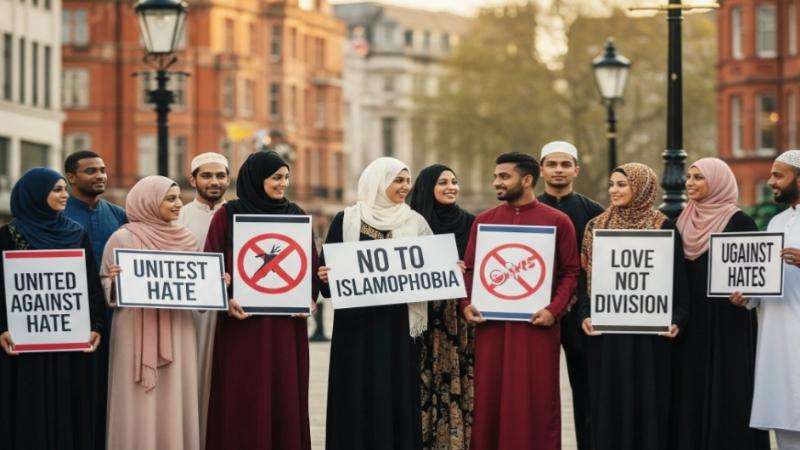
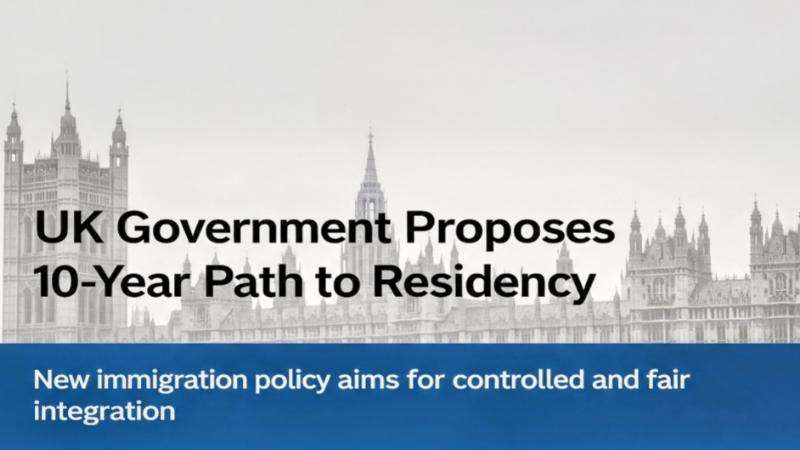
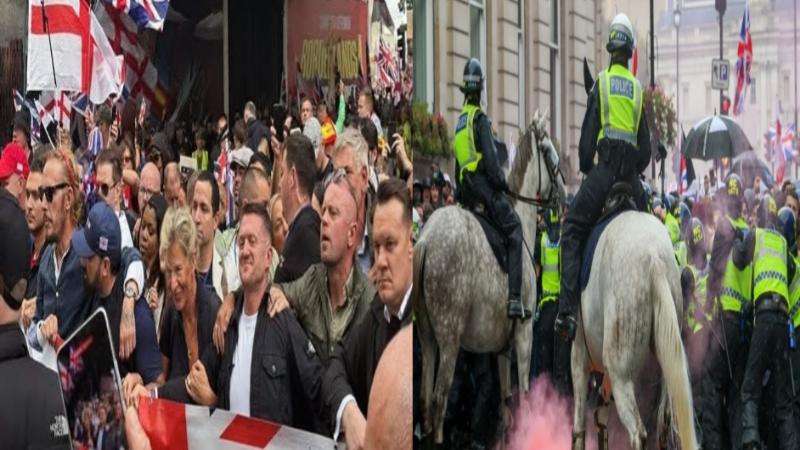


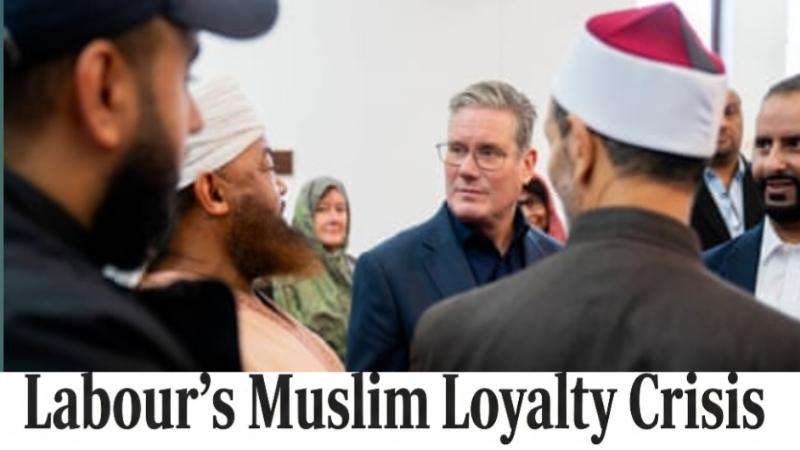
.svg)

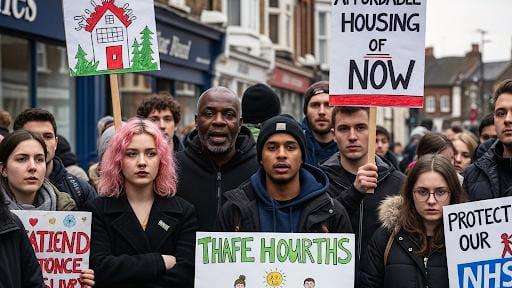
_2.jpg)
_1.jpg)
_1.jpg)